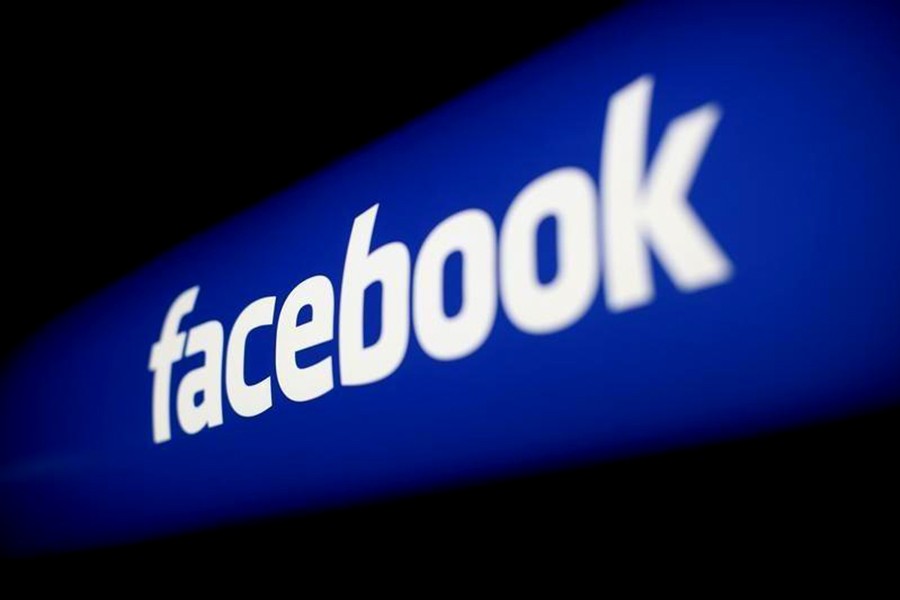- Five new profiles are created on Facebook every second--ALL Facebook 2012
- An US consumer spends 40 minutes on an average on Facebook per day--Nielsen Report
- Facebook users create 3.2 billion likes and comments every day---CNN
- More than 50 million businesses are now using Facebook Pages--Forbes
So the monumental growth of Facebook is deeply rooted in its addictive impact. Its fundamental proposition of being a 'social bridge' is now under severe scrutiny and debate. In the guise of bridging people, Facebook has actually laid a platform for a narcissistic society. It has given birth to a new disease of fear called FOMO (Fear Of Missing Out). We love to see Facebook as a mirror of our lives that reflects pictures and videos of our friends and family. But there is a far docile façade behind the whole setup and that is not for 'data leak' for which it has been in the middle of a gusty storm of controversy lately.
It is not new for Facebook to be in controversy. You have probably paid attention lately with some buzz terms like 'data leak', 'privacy' or 'Cambridge Analytica' involving Facebook which made it lose $60 billion in market capitalisation! Where money is involved, you tend to pay a bit of attention even if it is hardly relevant for you. Let's try to figure it out how relevant the recent 'data leakage' is linked with the people of USA and not with us in particular. The plot of the story began back in 2014 when Cambridge Analytica (CA) had retained copies of private data for about 50 million Facebook users. CA had committed to delete it in 2015. But they did not do so. Instead, Cambridge Analytica, that ran the million dollar election campaign for Donald Trump, is perceived to have exploited the data in controversial psychographic techniques. Now the question is: we provide our name and other information to sail off into the world of Facebook. Why are these so vital? Answer: rather than our mere account opening information, the information of our activities can translate into a pattern of behaviour. It is this behavioural pattern that is actually thought to have been used in the 2016 US election to attract attention and sensitise people's decision-making process.
Michal Kosinski, a Polish Assistant Professor at Stanford Graduate School of Business, has shown how our digital footprint and activities can be used as a predictive method of our political orientation and social placement. Kosinski developed a quiz that needs to be logged through Facebook to participate. Through the process of logging into Facebook, it collects users' profile information along with their activities i.e. like, comments etc. After analysing the Facebook data, the quiz is found to be a wonderful tool of predicting personal traits and thereby, the decision-making phases. Motherboard, a multi-platform multimedia publication, based on Kosinski's model, revealed that "On the basis of an average of 68 Facebook 'likes' by a user, it was possible to predict their skin colour (with 95 per cent accuracy), their sexual orientation (88 per cent accuracy), and their political affiliation (85 per cent). Seventy 'likes' were enough to outdo what a person's friends knew, 150 what their parents knew, and 300 'likes' what their partner knew. More 'likes' could even surpass what a person thought they knew about themselves" - That is terrifying, isn't it?
However, this ongoing debate and scandal, apparently, is a 'whistle blow' incident for us to take actions on how to draw the line between 'data privacy' and manipulation of 'big data' - and most importantly a well-coordinated personal and social life. The small device, we are carrying inside our pocket or in the parts, is consciously or unconsciously generating huge data. It is not confined to Facebook only, but includes all other over the top (OTT) apps like WhatsApp, Viber, Instagram, WeChat and many more.
Whether the social media platforms would change their transparency policy or news feed algorithm is a different discussion. But we can certainly control what we share or do on those social media platforms. We need to be aware. There is no harm in using the social platforms but the problem is that we tend to believe the information thoughtlessly while submerging ourselves in that virtual life. A report in BBC on January 05, 2018 revealed that study participants reported lower moods after spending just 20 minutes on Facebook. And also "Eighth-graders who are heavy users of social media increase their risk of depression by 27 per cent, while those who play sports, go to religious services, or even do homework more than the average teen cut their risk significantly". Thus, silently and gradually, we are channelled by the virtual world towards crafting a blunt, disconnected and 'unsocial' generation. I reckon, Jack Ma, founder of Alibaba, rightly and timely pointed the threat coming from Artificial Intelligence (AI) and 'Big data'.
So the question remains, how do we deal with the situation? Of course, there is no single prescription for it but surly a well-coordinated socio-political and technological consensus is a must. Technological advancement and innovation must understand and recognise the value of human well-being over profit and that needs to be formalised by the Regulatory and Legal framework. Tech giant companies have a vital role to play here in order to support and implement the framework. Two technological leapfrogs had led us to two World Wars; we cannot afford another catastrophic global war or similar conflict.
It is never late for initiating preventive and corrective measures. But when it gets suicidal for social and personal life, it leaves no room for not taking immediate steps. Let's consider the recent incident as a global opportunity to learn and look forward at having a sustainable pro humanitarian future.
Shamim Sahani John is a Visiting Faculty at Jahangirnagar University.


